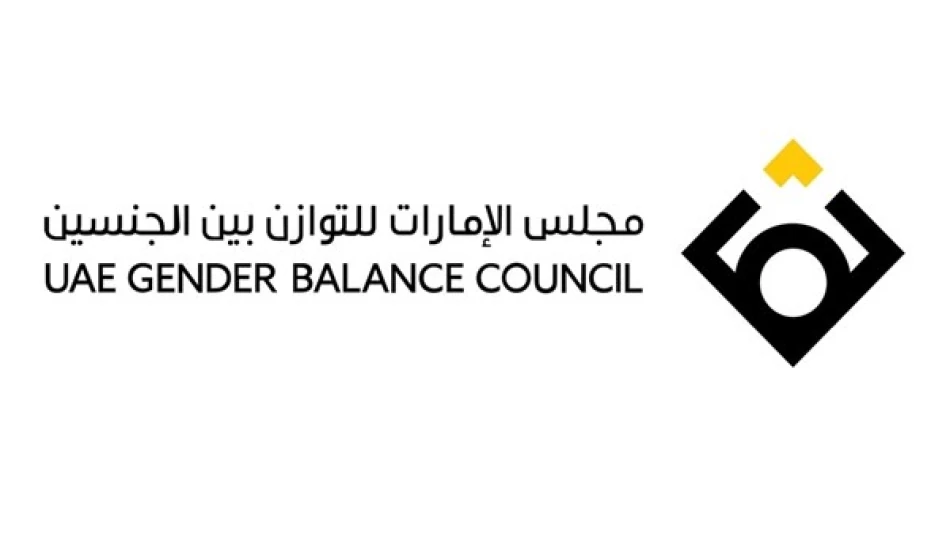
Emirati Women's Forum Organized by Dubai Women Establishment with Manaal and Latifa bint Mohammed
UAE Celebrates Decade of Women's Empowerment with Major Leadership Forum
The UAE marked the 10th anniversary of Emirati Women's Day with a high-profile forum bringing together over 700 government and private sector executives, underscoring the nation's systematic approach to positioning women as key drivers of economic diversification and future competitiveness. The event highlighted how the Emirates has transformed from oil-dependent economy to a knowledge-based society where women occupy critical leadership positions across sectors from space exploration to financial services.
Royal Patronage Signals Strategic Priority
The forum, held under the patronage of Sheikha Manal bint Mohammed bin Rashid Al Maktoum, President of the UAE Gender Balance Council and Chairwoman of Dubai Women Establishment, demonstrates how women's empowerment has become a cornerstone of national policy rather than merely a social initiative. Her presence alongside Sheikha Latifa bint Mohammed bin Rashid Al Maktoum, Chairwoman of Dubai Culture and Arts Authority, reinforced the integration of gender balance across cultural and economic spheres.
The timing and scale of this gathering—featuring 10 dialogue sessions at the Ritz-Carlton in Dubai International Financial Centre—reflects the UAE's confidence in showcasing its women's advancement model to international observers and investors.
From Vision to Measurable Impact
Foundational Strategy Pays Dividends
Sheikha Manal emphasized how the UAE's founding father, Sheikh Zayed bin Sultan Al Nahyan, established the framework for women's participation in leadership and decision-making from the nation's inception in 1971. This wasn't accidental—it represented a calculated strategy to maximize human capital in a small population facing rapid modernization challenges.
Today's results validate that approach. Emirati women now hold leadership positions spanning from space missions to government cabinets, from economic policy to cultural institutions. This breadth of representation distinguishes the UAE from regional peers where women's advancement often remains concentrated in traditional sectors like education and healthcare.
Institutional Architecture for Success
The forum highlighted the role of Sheikha Fatima bint Mubarak, known as "Mother of the Emirates," whose systematic institution-building created the infrastructure for women's advancement. As President of the General Women's Union and Supreme Chairwoman of Family Development Foundation, she established the organizational framework that transformed aspirational policies into concrete career pathways.
This institutional approach differentiates the UAE from countries relying solely on individual initiatives or market forces to drive gender balance.
Strategic Economic Implications
Human Capital Optimization
The forum's emphasis on women's roles in technology, space, and sustainability sectors aligns with the UAE's Vision 2071 goal of becoming the world's best country by the centennial of its founding. With Emirati nationals comprising roughly 10% of the population, maximizing women's economic participation isn't just progressive policy—it's demographic necessity.
The participation of over 700 executives from government, semi-government, and private sectors suggests broad institutional buy-in rather than token representation. This scale of engagement indicates that women's advancement has moved beyond advocacy into operational implementation across the economy.
Regional Leadership Model
The UAE's systematic approach contrasts with regional variations in women's empowerment strategies. While Saudi Arabia has made dramatic policy shifts under Vision 2030, and Qatar has leveraged education investments, the Emirates' model emphasizes institutional continuity and gradual expansion of women's roles across all sectors simultaneously.
This comprehensive approach positions the UAE as a reference point for other Gulf states navigating economic diversification while maintaining social cohesion.
Looking Forward: Next-Generation Leadership
The forum's inclusion of young achievers like Aisha Al Obaidli, the youngest Emirati chef, and Ghaya Al Ahbabi, the youngest UNICEF ambassador for COP28, signals intentional cultivation of emerging talent. This generational planning reflects understanding that sustained competitive advantage requires continuous leadership pipeline development.
The Dubai Women Establishment's 20-year track record, as highlighted during the forum, provides the institutional memory and expertise to guide this next phase of women's advancement in an increasingly complex global economy.
Implications for Investors and Partners
For international businesses and investors, the UAE's demonstrated commitment to women's leadership represents both market opportunity and operational advantage. Companies entering UAE markets can access a more diverse talent pool and leadership pipeline than in many regional alternatives.
The forum's focus on strategic dialogue among decision-makers, experts, and stakeholders suggests that women's empowerment policies will continue evolving based on evidence and outcomes rather than remaining static. This adaptive approach reduces policy uncertainty for long-term business planning.
As the UAE prepares for its next development phase, the integration of women across all sectors—from traditional industries to emerging technologies—positions the nation to compete effectively in the global knowledge economy while maintaining its regional leadership role.
Most Viewed News

 Layla Al Mansoori
Layla Al Mansoori






